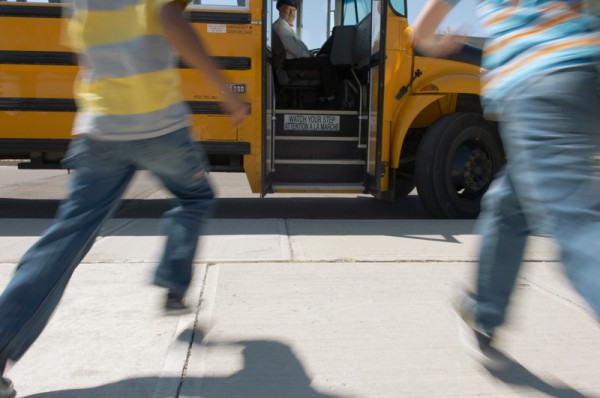

By now, most schools around the country are back in session after summer break. Are you feeling excited or are you worried about the school year to come? What if you didn’t have to worry about grades and could learn all of the material at your own pace? How would that change your feelings about education?
Some schools around the country are doing just that. Districts in New York City, Chicago, Vermont, Maine, and New Hampshire are all adopting mastery-based learning. This is also known as proficiency-based or competency-based. In a mastery-based program, there are no grades, and no one fails. Students work at their own paces in order to achieve certain “learning outcomes.” Once a learning objective is met, students then move on to the next one.
Based on what you’ve heard about these programs, and your own experiences as a student…YOU DECIDE: Should schools replace traditional grading and teaching programs with mastery-based learning?
Yes
- In mastery programs, students can work at their own paces. Struggling students and ESL (English as a Second Language) students are able to practice a skill until they achieve it, while advanced students can quickly move ahead to new material.
- This method is student-centered, emphasizing students’ own growth and process of learning, rather than expecting everyone to fit into a common model of education.
- Many experts believe that the mastery model, in which students can’t move on until they’ve proven they can meet a specific learning objective, helps students to retain knowledge better than if they were to just take a test before they were ready to check their understanding of the material.
No
- It can be difficult and time-consuming for districts to transition from traditional grades to a mastery-based system. Once established, it can be more difficult for teachers, who must address the needs of students who are at many different skill levels at once.
- The mastery model can be inefficient and frustrating when students get “stuck” on one concept or objective for a long time and are unable to move on to new material.
- The strategy of achieving a checklist of learning objectives works better with some subjects (i.e., math) than with others (i.e., language arts).
- Students in mastery programs expect to receive an unlimited amount of time to master a skill, which does not realistically reflect the expectations in university or the work force.
